Enhanced Care
Management
for ECM.
Enhanced Care
Management

for ECM.
- Improving care coordination
- Integrating services
- Facilitating community resources
- Addressing social determinants of health
- Improving health outcomes
- Decreasing inappropriate utilization and duplication of services
We provide all core services delineated by DHCS as part of our
enhanced care management program.
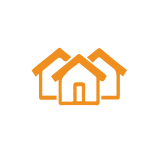
Housing transition navigation
Completing a housing support plan to identify barriers to housing, helping in a housing search, working with landlords, and any other activities to facilitate housing placement

Nursing facility diversion to assisted living facilities (ALF)
Members in the community at risk for NF placement, and assisting them in finding an ALF to live in

Housing deposits
Completing payment for security deposits, utility deposits, and other types of payments to gain housing
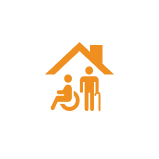
Nursing facility transition to home
For members living in NF who want to safely transition to the community and need assistance doing so
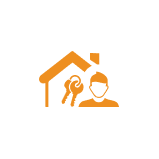
Housing tenancy and sustaining
Upon becoming housed, supporting member in remaining housed
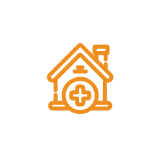
Personal care and homemaker services
Supplemental personal care hours for people waiting on In-Home Supportive Services (IHSS) to start, or in addition to IHSS for certain circumstances
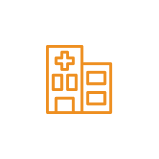
Short-term post-hospitalization housing
Up to 180-day placement for people who are homeless and need clinical oversight. Members must also participate in housing navigation

Environmental accessibility adaptions
Home modifications that can help a member stay in their home such as ramps and grab bars in the shower
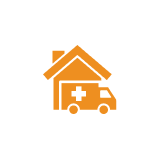
Recuperative care medical respite
Up to 90-day placement for people who are homeless or with unstable living situations who are too ill or frail to recover in their usual living environment, and in need of clinical oversight (med management or administration, activities of daily living [ADL] assistance), but do not necessarily require nursing facility (NF) level of care

Medically tailored meals
Up to three meals a day for members who have a clinical need for special diet and no other resources to help them prepare meals
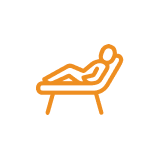
Respite
For members with informal caregivers who are at risk of being unable to provide informal care without a break

Sobering center
Short term, no more than 24-hour, placement in lieu of emergency room or jail for intoxicated persons to become sober, and connect with substance use disorder (SUD) services

Day habilitation program
Skills training in financial management, employment support, daily living skills, etc. to ensure stability in the community
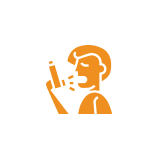
Asthma remediation
Ensure safety in home to prevent asthma being exacerbated
